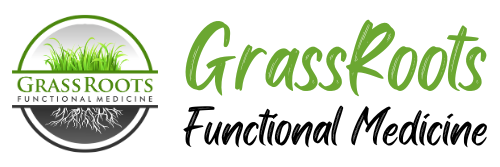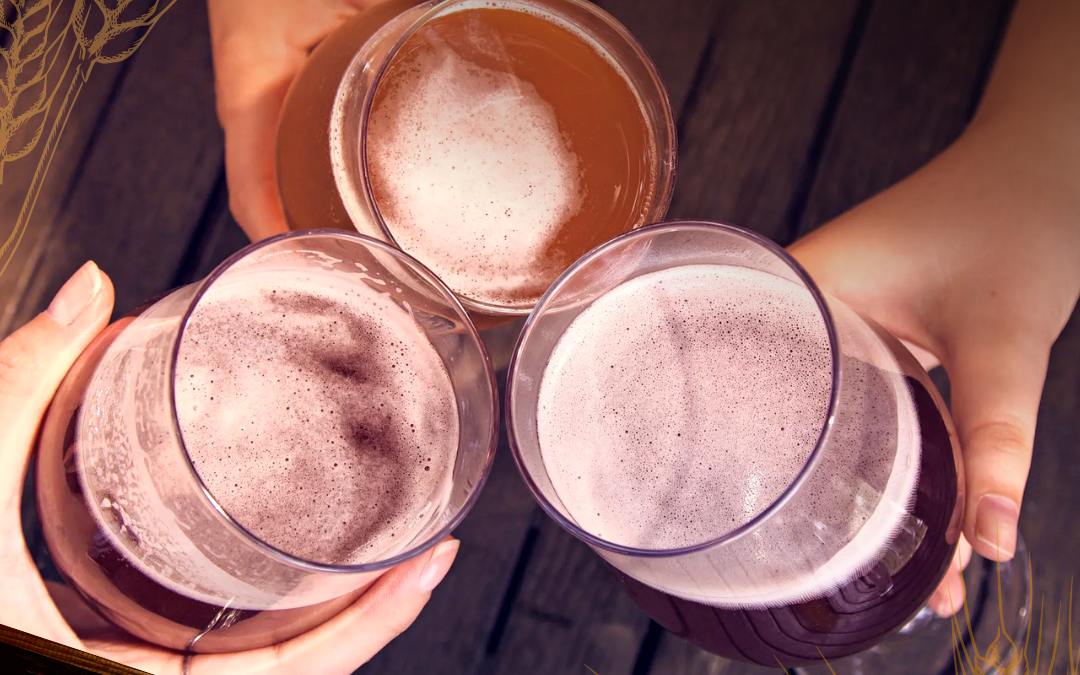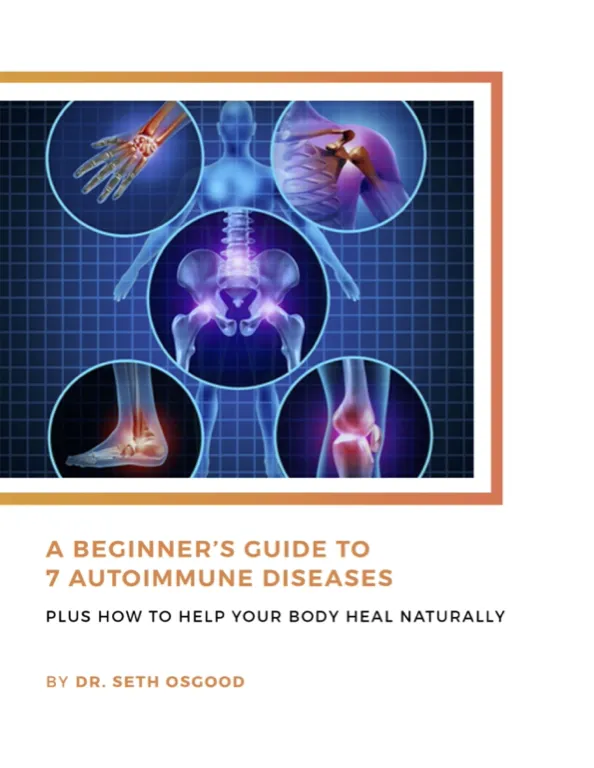As the holiday season approaches, gatherings and celebrations often include a toast or two. While enjoying a drink can be part of the festivities, there are many common misconceptions about alcohol that can impact your health and well-being. At GrassRoots Functional Medicine, we believe in empowering you with the knowledge to make informed choices. In this article, we’ll debunk a few myths about alcohol, so you can enjoy the holidays while keeping your health on track.
Myths About Alcohol
Alcohol is woven into the fabric of many cultures, celebrations, and social gatherings, but when it comes to your health, there’s a lot of misinformation floating around. To be honest, I wasn’t fully convinced of the damage alcohol could do—until I saw the evidence firsthand. A few years ago, I started using an Oura Ring to track different metrics in my body. What I discovered blew me away: even small amounts of alcohol had a significantly destructive impact on my health. Let’s take a look at some of the most common myths surrounding alcohol and get real about what it does to your body.
Myth 1: A Glass of Wine a Day is Good for Your Heart
How many times have you heard that a glass of red wine is “good for your heart”? The story usually revolves around antioxidants like resveratrol, which are said to promote heart health. Sure, those compounds exist, but here’s the kicker: you can get the same heart-healthy benefits from eating berries or nuts—without the downsides of alcohol. From my own experience with the Oura Ring, I noticed that even a single glass of wine caused my resting heart rate to spike, and my Heart Rate Variability (HRV) to plummet. These are key indicators of how well your heart and nervous system are functioning, and trust me, alcohol isn’t doing you any favors.
It’s also worth mentioning that even “moderate” drinking can increase your risk of high blood pressure, heart disease, and stroke. You don’t need to drink excessively to start seeing the negative effects—sometimes, a small amount is all it takes to disrupt your health.
Myth 2: Alcohol Helps You Sleep Better
A nightcap might seem like a good idea when you’re winding down for bed, but the truth is, alcohol wrecks your sleep quality. It may help you fall asleep faster, but it disrupts the deep, restorative stages of sleep. Personally, I found that after a drink, my deep sleep time decreased by more than 30 minutes each night—again, this was clear from my Oura Ring data.
Beyond that, alcohol can make conditions like sleep apnea worse, and it often causes you to wake up in the middle of the night. As someone who practices functional medicine, I can’t stress enough how important high-quality sleep is for detoxification, hormone balance, and overall health. Alcohol interferes with these critical processes, and even the occasional drink can throw off your body’s ability to recover.
Myth 3: Alcohol is Fine in Moderation
Moderation—it’s a word that gets tossed around a lot, but what does it really mean? For some, “moderate” drinking might be a glass of wine with dinner; for others, it could be a few beers on the weekend. In my opinion, most of us aren’t that great at “moderation” when it comes to alcohol or anything else that feels good in the moment. And new research shows that even so-called moderate drinking can raise your risk of certain cancers, liver damage, and neurological issues.
For those dealing with autoimmune conditions, even a small amount of alcohol can lead to gut imbalances and immune system flare-ups. In functional medicine, gut health is the foundation of overall well-being, so anything that disturbs it—like alcohol—needs to be carefully considered.
Myth 4: Alcohol Can’t Be Addictive in Small Quantities
When people think of alcohol addiction, they often picture extreme cases of dependency. But what about the casual drinker? The truth is, regular “social drinking” can lead to a slow but steady increase in tolerance. Over time, you might find yourself needing that extra drink to feel the same effect.
Alcohol has an addictive quality, even at lower doses, because it messes with your brain chemistry. Functional medicine places a big emphasis on balancing neurotransmitters like serotonin and dopamine—two chemicals that alcohol throws out of whack. Disruptions to these systems can lead to mood swings, cravings, and even mild dependency before you realize it.
Myth 5: Light Beer and Spirits Are Healthier Options
Opting for light beer or low-calorie spirits might seem like a smarter, healthier choice, but here’s the reality: alcohol is alcohol. Whether it’s beer, wine, or whiskey, your liver still has to process it, and that can put a serious strain on your body. The liver is your main detoxification organ, and when it’s preoccupied with processing alcohol, it can’t do its job as efficiently. If you’re already dealing with inflammation, hormone imbalances, or gut issues, alcohol—no matter the form—can slow down your healing process.
In the end, alcohol is something that has to be approached with a clear understanding of the risks involved. Sure, it’s fun in the moment, but from what I’ve learned through personal experience the long-term effects aren’t something to ignore.
Is it Time for a New Approach?
At GrassRoots Functional Medicine, we believe in taking a whole-body approach to your health—one that doesn’t just treat symptoms but works to prevent issues before they arise. If you’re tired of a piecemeal approach to healthcare and want a team of dedicated providers who truly listen, offer comprehensive testing, and help you achieve optimal health in every area of your life, we’re here for you. Visit www.GrassRootsFunctionalMedicine.com to learn more and take the first step toward becoming the best version of yourself.




